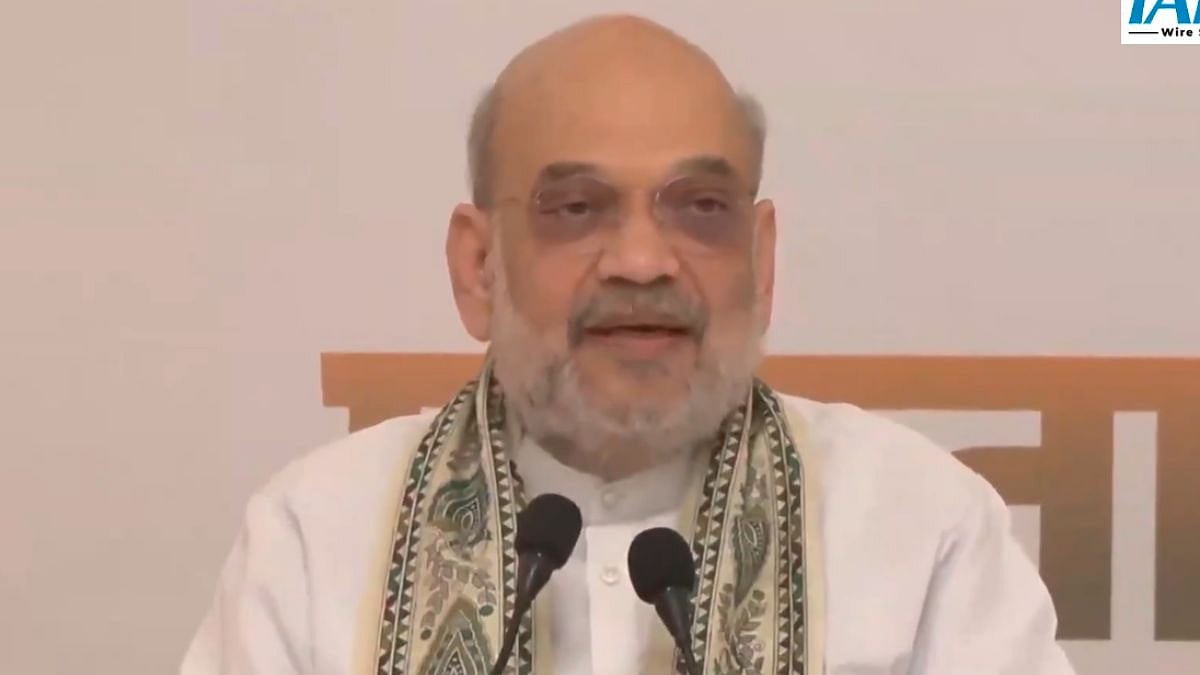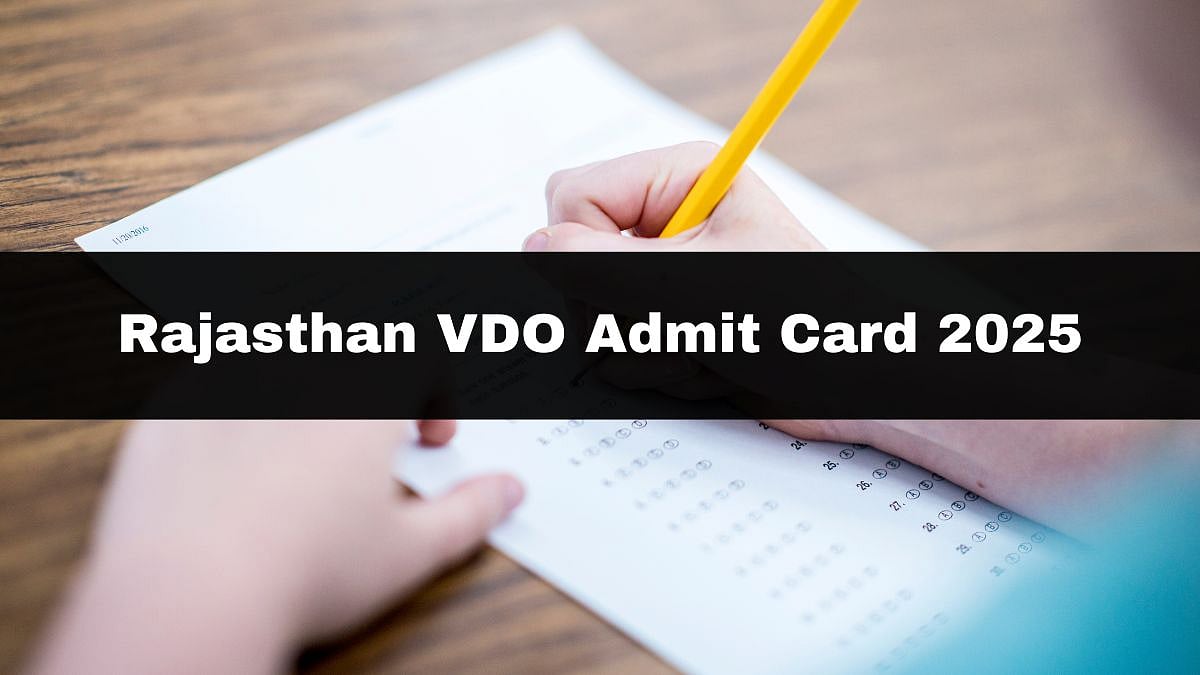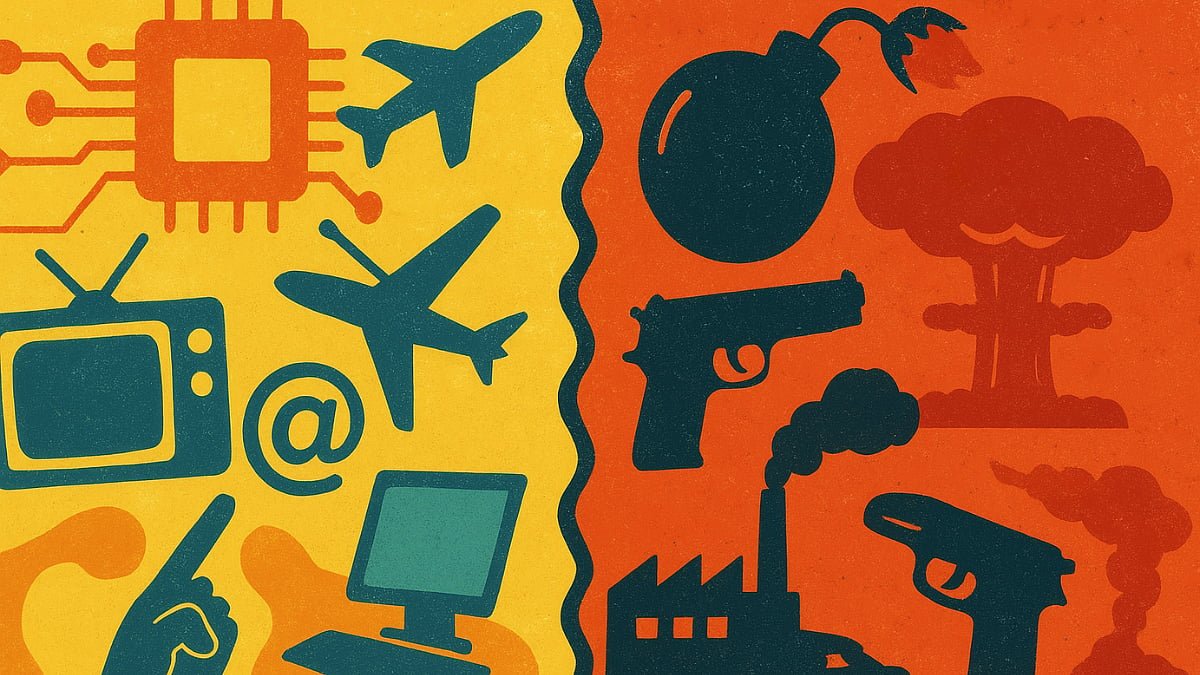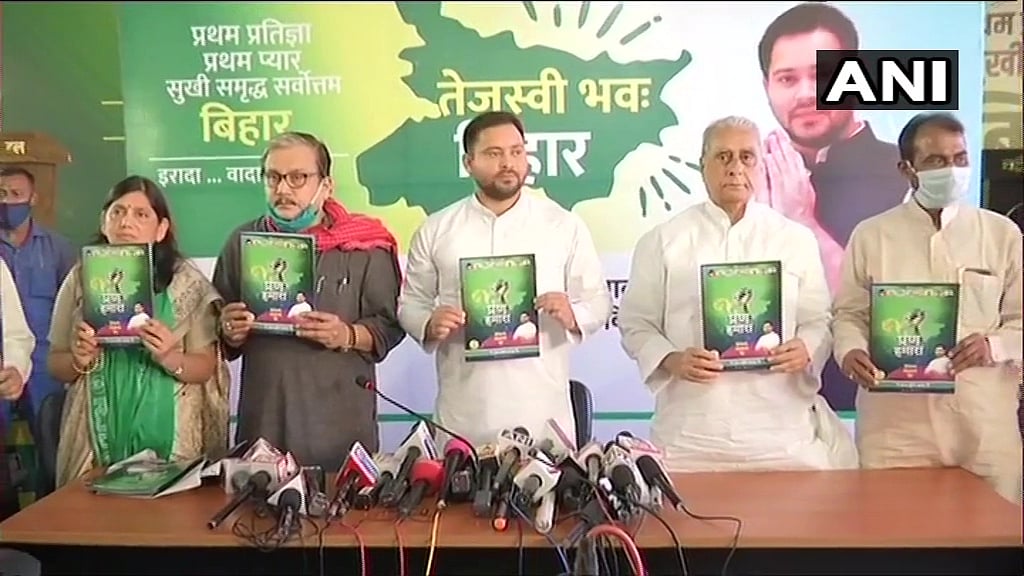The outcome of the Sri Lankan presidential poll was widely expected. Gotabaya Rajapaksa, younger brother of the two-term former president, Mahinda Rajapakasa, was always considered on a stronger wicket. Following the public spat between President Maithripala Sirisena and Prime Minister Ranil Wickremesesinghe, the power-sharing agreement between the two anti-Rajapakasa parties had virtually collapsed. The Easter Sunday bombings of churches last April, which left over a hundred people dead, further bolstered the image of the Rajapakasas as strong leaders capable of maintaining a tight grip on the law and order and security apparatus. Mahinda Rajapakasa himself could not contest for president following the constitutional amendment by the previous regime which barred anyone from holding the top office for more than two terms. Thus, the candidature of Gotabya Rajapaksa was also meant to keep power strictly within the family. The president-elect, who comfortably won last Sunday’s poll, defeating Sajith Premadasa, himself a son of a former president, was Defence Minister in his brother’s government when it successfully launched military operations against the Tamil insurgents, defeating them convincingly in 2009. The ruthlessness of the defence forces in that civil war resulted in the death of thousands of civilians and caused widespread human rights abuses, but the Rajapaksas never conceded these charges. The Easter Sunday killings, and the attacks on Muslims that followed, revived the political fortunes of the Rajapaksas, especially among the the Sinhala majority which accounts for over 70 per cent of the population. On the other hand, the Tamil and Muslim minorities became further apprehensive about the return to power of the Rajapaksas, fearing that once again they would be targeted by the Sinhala majority. However, reports of widespread corruption of the outgoing regime, their internecine differences, failure to prevent the Easter terror attacks despite advance intelligence, etc., all worked against Premadasa. A mild-mannered politician with a relatively clean image, he could not counter the clear undercurrent among the Sinahala majority for a strong leader who could be relied upon to put down terror with an iron hand. Besides, the mounting economic woes of the people, further aggravated by the slowdown following the sharp drop tourist arrivals, a big source of forex earnings for the country, due to the Easter bombings, turned the electoral tide sharply in favour of the Rajapaksas. The Rajapaksa family, with yet another brother and a cousin as well aspiring for political positions, is set to rule the island- nation yet again. Its return, it is feared, will once again see a greater role for China in Sri Lanka’s economic and political life. The Mahinda Rajapaksa government had tilted so far out towards China that it virtually ended up making Sri Lanka hugely indebted to the former. As a result, China extracted its pound of flesh, grabbing ninety-nine-year lease on a key shipyard built in partnership with Sri Lanka which on failing to pay its share ceded full control to the cash-rich partner. Above all, the Rajapakasa government injected a clear anti-India stance into foreign policy.
The Sirisena Government did try to re-calibrate foreign policy, reaching out to India and ensuring that Sri Lankan interests are not jeopardised by the Chinese. In the meantime, Rajapaksa out of power tried to reach out to India in an effort to correct the impression that he was beholden to the Chinese for ulterior motives. During his presidency there were allegations that the Rajapaksas stood to personally gain financially by accommodating the Chinese interests, yielding them a key port strategically located and posing a potential threat to India. However, the return of Gotabya Rajapaksa as president, India would hope, will not result in a blatant distortion in Sri Lankan foreign policy as it had seen under his elder brother’s regime. The Rajapakasa regime had aroused widespread apprehension even among the Sri Lankan people about the increasing influence of the Chinese in their domestic affairs. Hopefully the lessons learnt during their time out of power would have a salutary influence in Sri Lanka maintaining a balanced and correct approach towards both India and China. India, on its part, has to reckon with the fact that it is left with few reliable neighbours, with the Chinese influence growing all around on its borders.
This article was published in the print edition of Free Press Journal on November 19, 2019 with the heading China-friendly Govt in Lanka?










